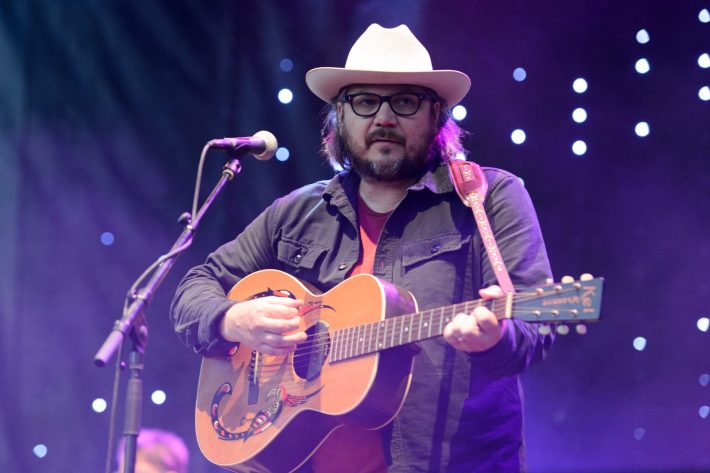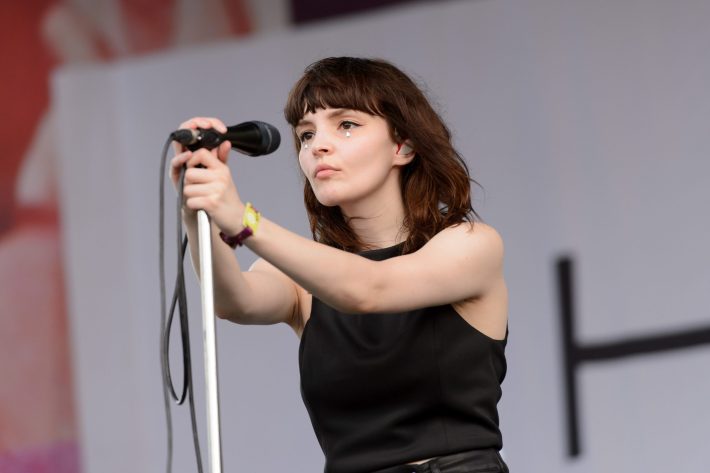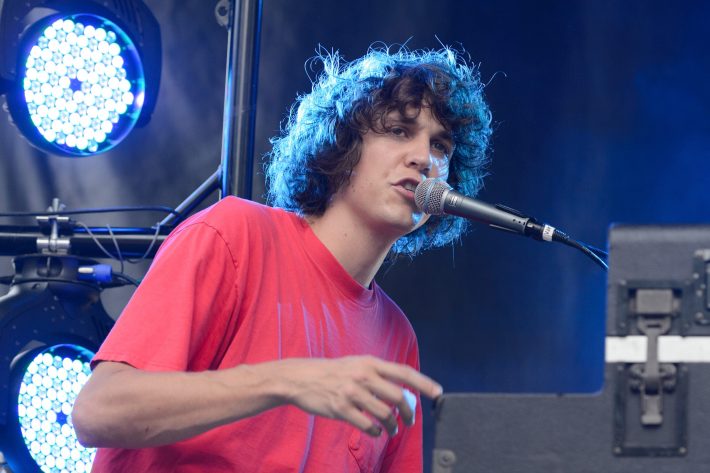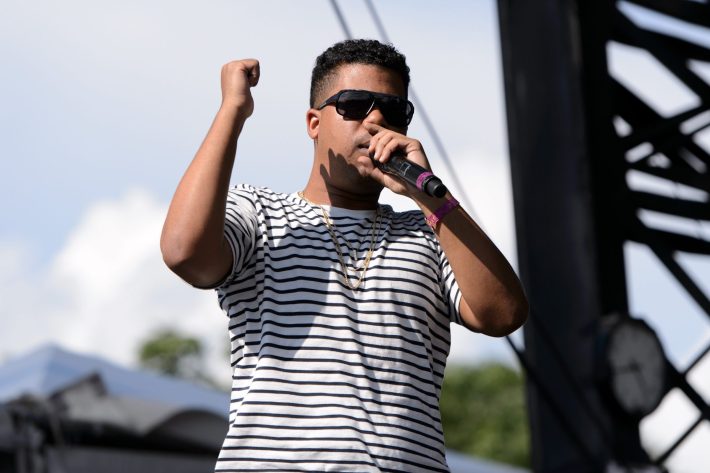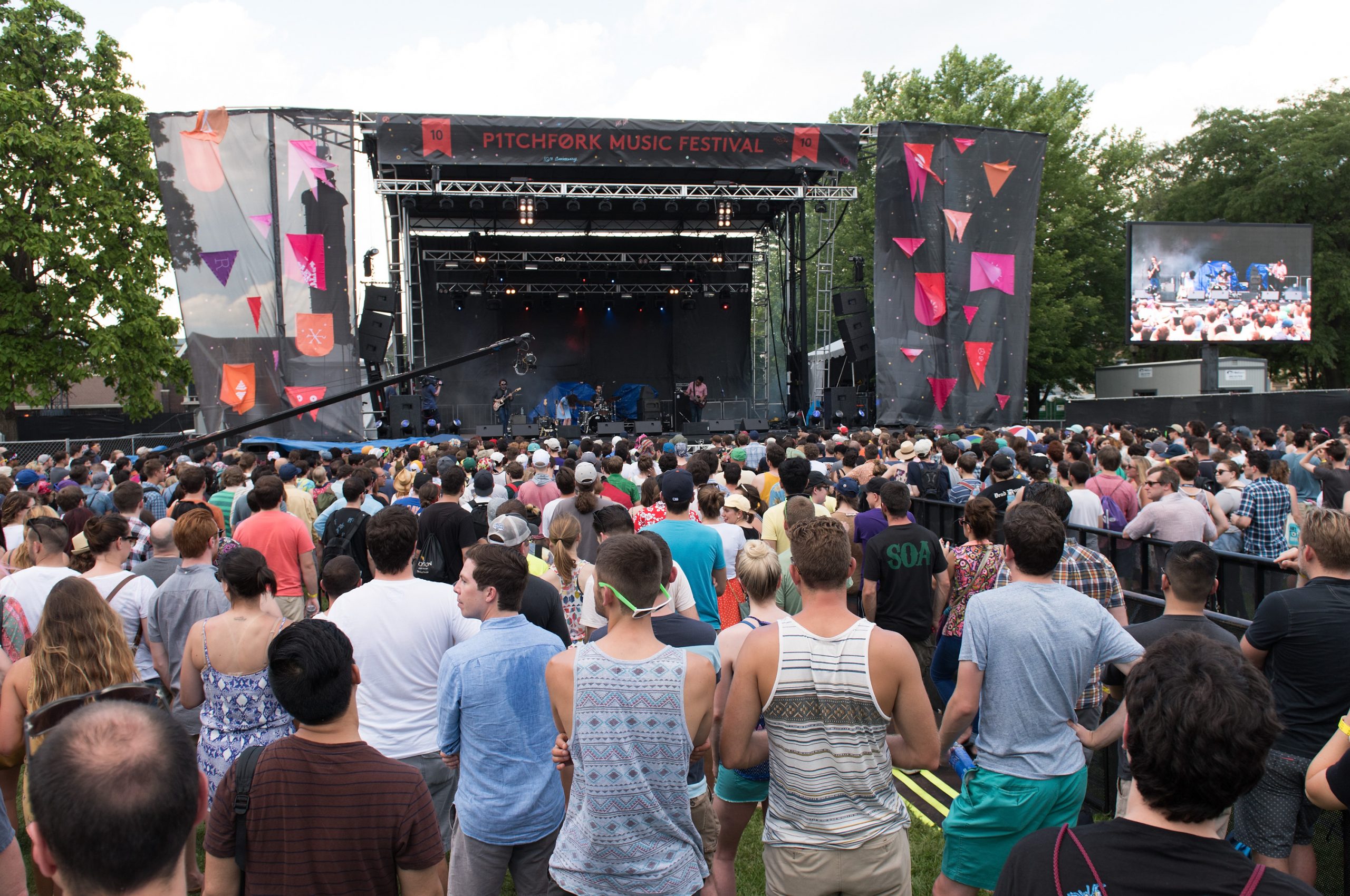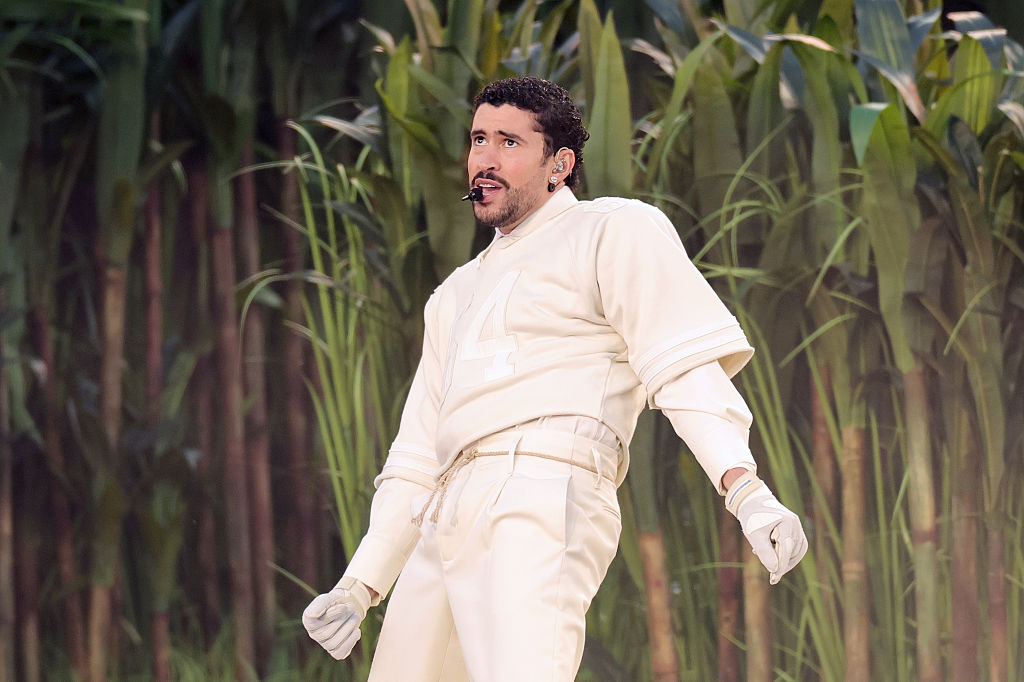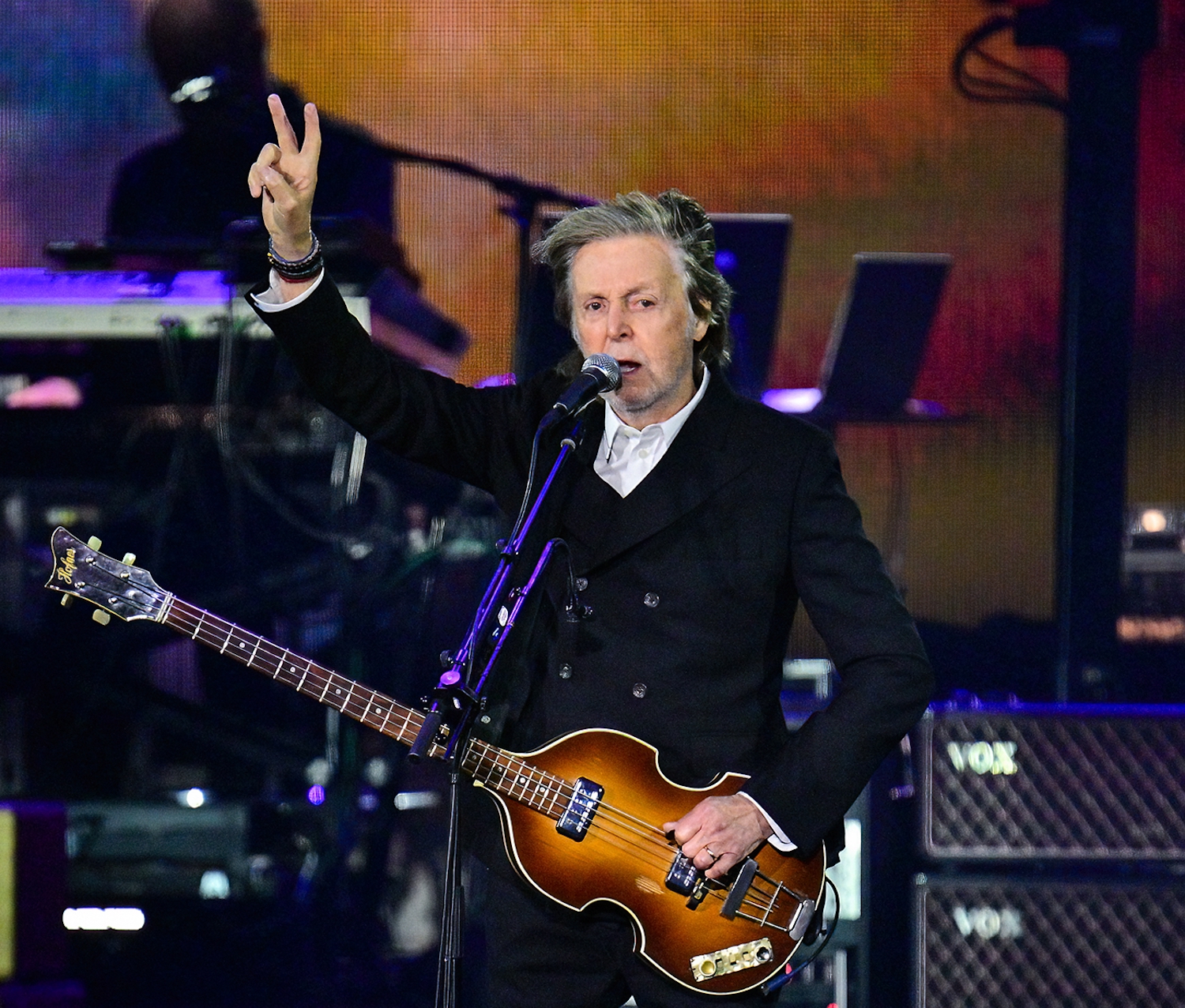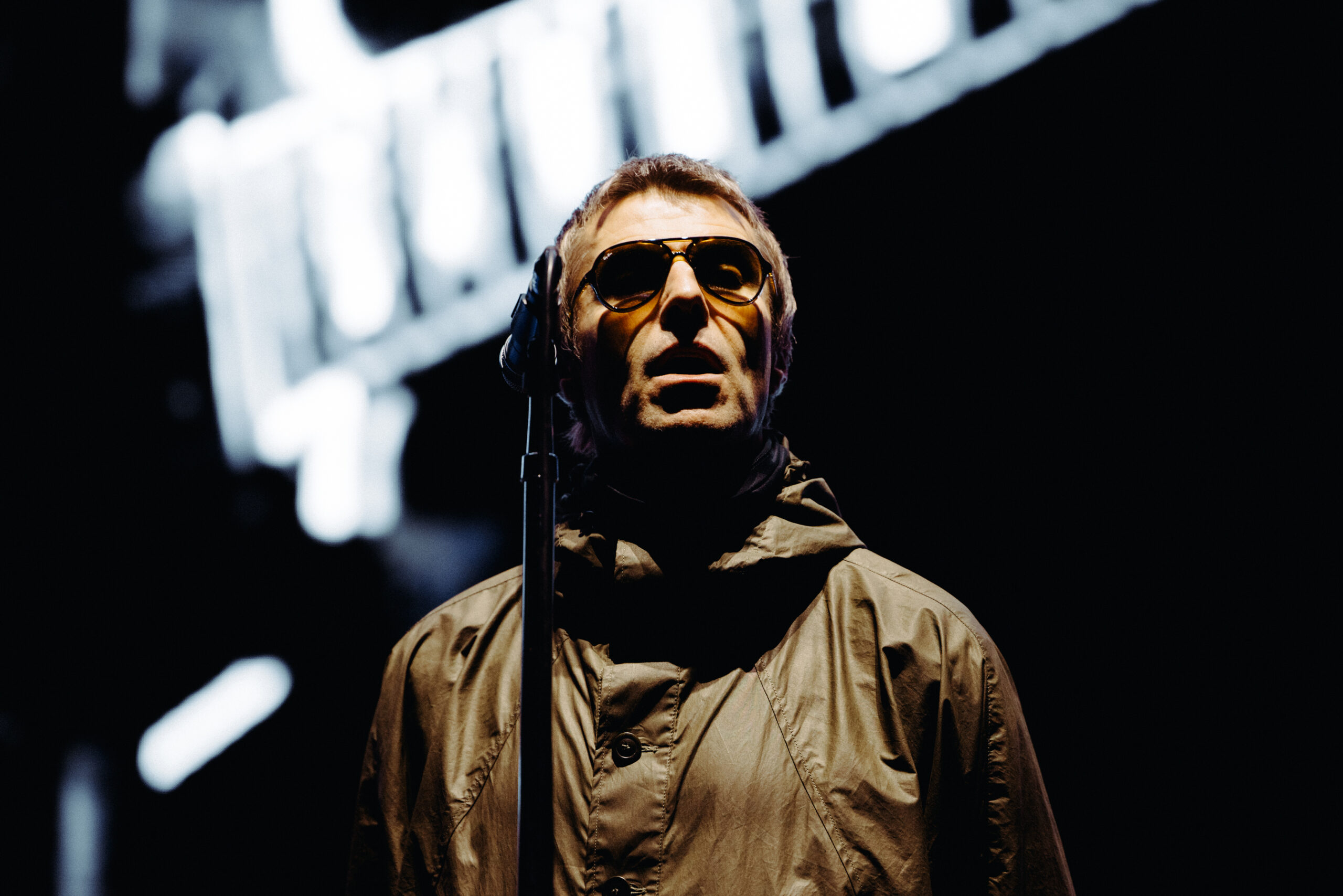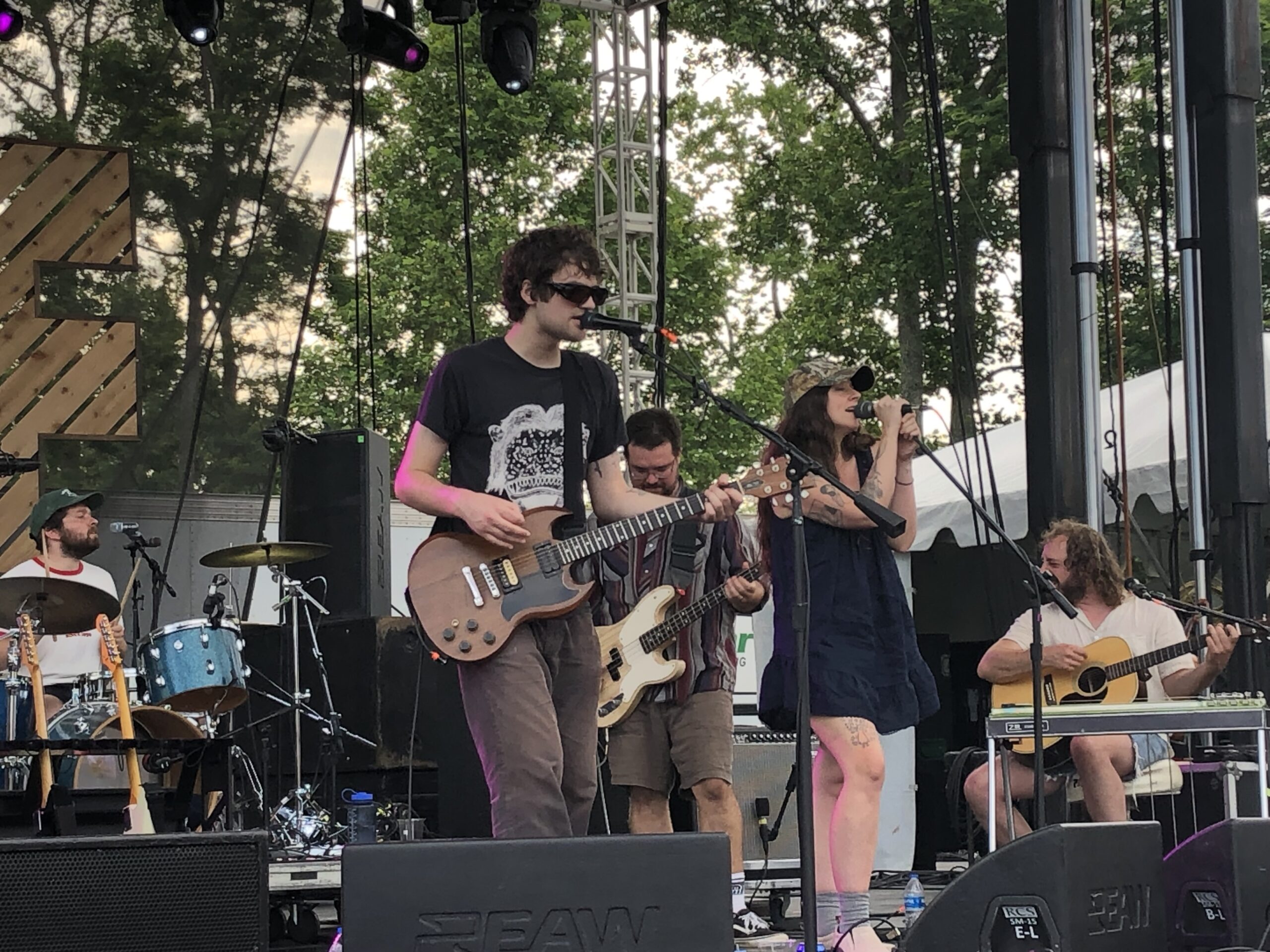If you'll permit me to get self-indulgent here for a second, the Pitchfork Music Festival and I have some history. I was at the first one of these festivals, 10 years ago, when it was still called the Intonation Festival. I'd just started writing for Pitchfork then, and this was the first time I met plenty of people who went on to become lifelong friends. I went to the first seven of the festivals, actually, and it's always been a highlight of my year. Usually, when music critics write about festivals, we only know a few people there, and it's a weird and solitary experience. This is one of the few times I get to experience a festival the way the vast majority of people do: Surrounded by friends, running into people I know all the time, often skipping entire sets just because I get into a really good conversation. It's the best way to do these things.
I'm fairly biased when I say this, but it's still true: Pitchfork is probably the best-booked, best-run, most generally human-friendly festival I've ever attended, which is why I keep coming back. (This is my first of these festivals since I left Pitchfork in 2011, and now I wonder why I didn't keep go to all of them.) It's small enough that it's never overwhelming, and you never have to walk a mile between stages. But it's big enough that the best moments feel like actual spectacles. The organizers program artists who make sense together, and who are generally at least pretty good live. Some of the artists who play Pitchfork aren't all over the festival circuit yet, and the ones who are still seem to enjoy it more than a lot of other festivals. And there's usually space to move around and shade to sit in and little-to-no port-a-potty line. They just know what they're doing.
This year's festival started out sedately, with a whole lot of supremely chill artists and virtually no rage-out music. That'll come later, and a little more of it would've honestly been nice. But it made for a pleasant way to ease into what should be a big weekend. Here are some highlights.
